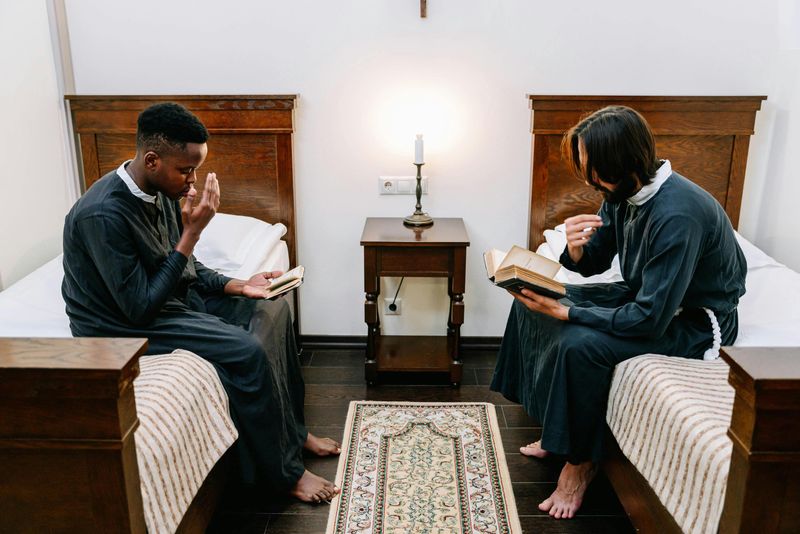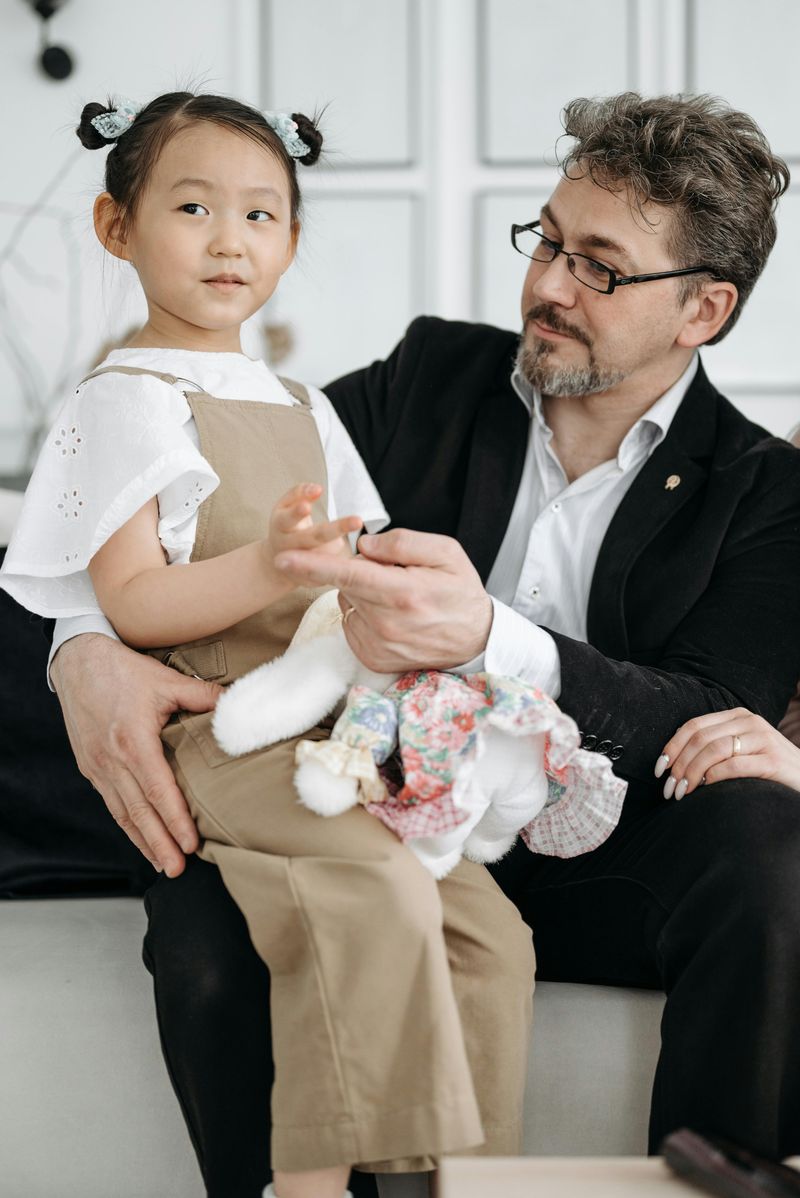The 1950s was a peculiar time for marriage, wasn’t it? Post-war optimism and rigid social expectations created a rather suffocating atmosphere for couples tying the knot. Marriage came with a rulebook thicker than my gran’s Christmas pudding recipe, and breaking those rules was simply not done in polite society. Thank goodness times have changed! Let’s take a nostalgic yet relieved look at nine marriage beliefs from the 1950s that we’ve happily left behind.
1. Women Must Quit Their Jobs After Marriage

Once upon a time, a woman’s career was considered merely a cute little hobby until Mr. Right came along! Companies actually had formal policies forcing women to resign after saying “I do.” The assumption was crystal clear – your husband’s job was to earn, yours was to dust the mantelpiece.
My grandmother still talks about how she had to surrender her teaching position the week after her honeymoon. Can you imagine walking into work on Monday and handing in your resignation simply because you got married over the weekend? Absolute madness!
2. The Husband Makes All Financial Decisions

Money matters? Not your concern, love! In the 1950s, hubby dearest controlled the purse strings with iron-clad authority. Women often received ‘allowances’ like children getting pocket money, regardless of their intelligence or financial savvy.
My aunt recalls having to justify purchasing a new dress to my uncle, despite using money she’d secretly saved from her grocery budget. Many women couldn’t even open bank accounts without their husband’s signature! Imagine needing permission to access your own hard-earned cash – proper bonkers, that.
3. Divorce Is Shameful Under Any Circumstances

Stuck in a miserable marriage? Too bad! The 1950s dictated you’d better paste on a smile and soldier through it, lest you be branded with the scarlet ‘D’ for divorce. Social ostracism awaited anyone brave enough to leave an unhappy union.
My great-aunt endured 15 years with a cheating husband because divorce would have meant losing her children and social standing. The local church would have shown her the door, and neighbours would have crossed the street to avoid her ‘contagious’ moral failure.
4. Separate Beds For Married Couples Is Proper

Fancy a cuddle with your spouse? Not in polite society! The 1950s ideal bedroom featured twin beds with a respectable gap between them. Hollywood films and television reinforced this peculiar standard, showing married couples sleeping in separate beds like platonic roommates.
My grandparents’ bedroom looked like a hotel room with matching single beds. When I asked Gran about it years later, she blushed furiously and muttered something about “maintaining decorum.” The idea that even married couples should maintain physical boundaries seems utterly barmy by today’s standards!
5. A Wife’s Primary Duty Is Homemaking

Spotless floors, ironed shirts, and dinner on the table at 6 PM sharp – the holy trinity of wifely duties! Women’s magazines were packed with advice on keeping hubby happy through the perfect pot roast and gleaming bathroom tiles.
My mother still has her 1950s “Good Wife Guide” that advised women to “clear away the clutter” before their husband’s arrival and “never complain” about their day. Personal aspirations? Intellectual fulfillment? Utter nonsense when there were socks to darn and casseroles to prepare!
6. Married Couples Must Have Children Immediately

Tick-tock went the biological and social clocks! The moment the wedding ring slipped on, everyone expected babies to follow faster than you could say “maternity ward.” Choosing to delay children or – heaven forbid – not have them at all was practically unheard of.
My mother recalls how her doctor refused to discuss birth control after she married, insisting that “starting a family is nature’s plan.” The gossip mill worked overtime if a couple remained childless for more than a year, with whispers about fertility problems or marital troubles.
7. A Man’s Role Is Provider, Not Caregiver

Dad changing nappies? Preposterous! The 1950s father existed in a strange parallel universe where babies apparently didn’t need care from men. Their contribution to parenting consisted mainly of discipline and occasional piggyback rides.
My father-in-law proudly boasts he never once changed a nappy for his four children. “That was women’s work!” he declares, as if handling a baby’s bottom might have somehow revoked his man card. Meanwhile, my mother-in-law rolled her eyes so hard I feared they might get stuck looking at her brain.
8. Married Women Need Husband’s Permission For Basic Decisions

Want to cut your hair, dear? Better check with the hubby first! Women in the 1950s often needed their husband’s approval for everything from new hairstyles to joining the local book club. Personal autonomy was a foreign concept for married women.
My grandmother tells the story of her friend who faced a week of silent treatment after getting a modern bob haircut without consulting her husband first. The poor woman actually apologized! Medical decisions, travel plans, even which friends to keep – all required the man’s stamp of approval.
9. Married Couples Should Never Discuss Problems Openly

Marital troubles? Keep a stiff upper lip and carry on! The 1950s approach to relationship problems was simple – pretend they don’t exist. Couples were expected to maintain the façade of perfect harmony, even if they were miserable behind closed doors.
My parents’ generation believed in the sacred mantra: “Never air your dirty laundry in public.” Therapy was considered shameful, and discussing marital issues with friends was taboo. The result? Generations of couples suffering in silence, with problems festering until they became unbearable.